
OR
Electricity tariff dispute deepens due to the commission’s delay
Published On: May 1, 2024 10:00 AM NPT By: Hari Prasad Sharma
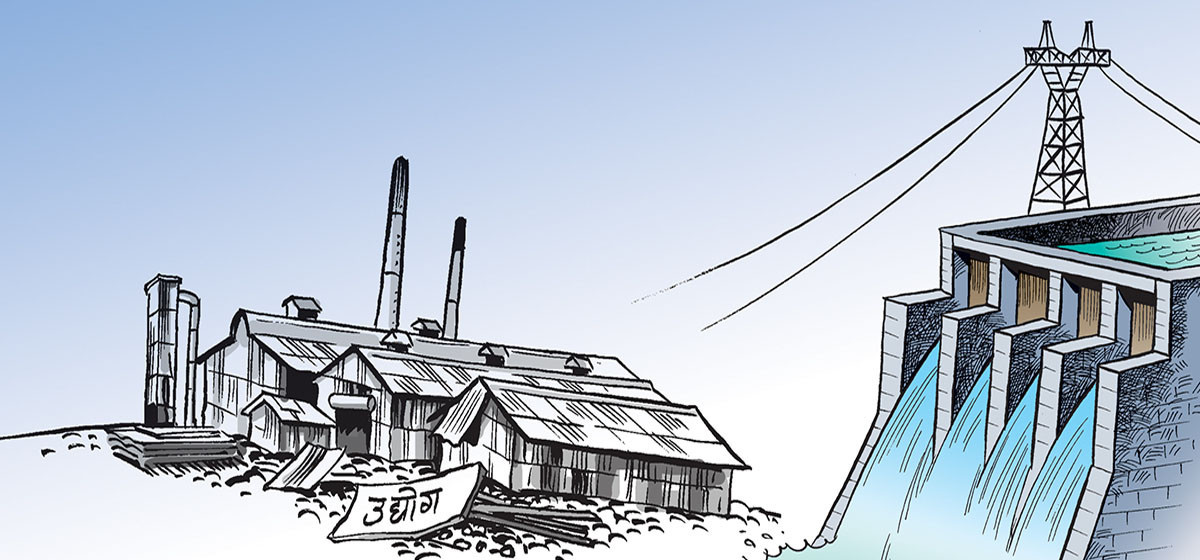
KATHMANDU, May 1: The Commission of Inquiry tasked with resolving disputes over electricity tariffs for dedicated and trunk lines has made slow progress. The initial three-month deadline set for the inquiry commission, formed under the coordination of former Supreme Court Justice Girish Chandra Lal on January 9, has already expired but the commission has failed to reach any decisions to resolve the dispute.
The commission was supposed to investigate tariff-related issues and submit a report by mid-April. However, the dispute remains unresolved due to the commission’s apparent lack of seriousness in addressing the matter.
Rather than actively seeking resolution, the commission has prolonged the dispute by repeatedly extending the deadline. Following its failure to submit a report within three months, the commission has now received another one-month extension from the Council of Ministers.
Given the commission’s current performance, it seems unlikely that the dispute will be resolved even within this additional time. The commission has questioned some employees of the Nepal Electricity Authority (NEA), Electricity Regulatory Commission as well as industrialists and businessmen. However, internal disputes among the members have raised doubts about the competence of the commission.
Initially, the members of the commission formed under the coordination of former Justice Lal included Sushil Chandra Tiwari, secretary of the Ministry of Energy, Water Resources and Irrigation (MoEWRI) and Narayan Prasad Duwadi, secretary of the Ministry of Industry, Commerce and Supply (MoICS).
With the government transferring the secretaries of both the ministries, the commission’s composition has changed. Tiwari has been replaced by Sarita Duwadi as the secretary of the MoEWRI and Dinesh Kumar Ghimire has replaced Narayan Prasad Duwadi as the secretary of the MoICS.
This is not the first time the government has formed committees to resolve tariff disputes.
On January 6, 2020, a five-member committee chaired by the then MoEWRI Secretary Dinesh Kumar Ghimire, provided recommendations to the government. The committee handed over the dispute resolution report to the Electricity Regulatory Commission.
The NEA has also corresponded with the commission regarding the dispute. After that, the commission sought clarification on whether to comply with the decision of the 103rd and 108th meetings of the then Electricity Tariff Fixation Commission. In other words, the commission has shied away from its responsibility by stating that the dedicated tariff was not justified in the context of removing load shedding and fixing new tariffs.
The commission insists it has devised a formula to address the problem and has instructed the NEA to implement it accordingly. However, challenges in implementing the decision may be hindering progress.
Meanwhile, the NEA is awaiting the Commission’s decision. Chandan Kumar Ghosh, spokesperson for the NEA, said, “We cannot act until the commission reaches a decision. We hope for a prompt decision that ensures justice.”
The industrialists complain that the NEA is forcing them to unilaterally pay the tariff for unused electricity. Some industrialists have even filed a case in the court against the NEA’s decision for charging tariffs for unused dedicated line and electricity services.
The NEA published outstanding dues and a list of non-paying industrialists for dedicated and trunk lines. On September 3, the NEA notified industrial and commercial customers, threatening to disconnect their electricity supply if outstanding dues were not settled within 15 days.
In response to this impending crisis, a delegation from the Federation of Nepalese Chambers of Commerce and Industry (FNCCI) sought an audience with the Prime Minister Pushpa Kamal Dahal.
After the NEA cut the electricity supply lines to these manufacturers, the private sector mounted pressure on the government to resume the power supply stating that the NEA forced them to pay the tariffs ‘arbitrarily’. They demanded the NEA present the evidence of their dues based on the electricity consumption using Time of Day (ToD) metering, which the NEA has refused to disclose till date.
After that, the government asked the Nepal Electricity Authority (NEA) to resume electricity supply to the manufacturers who faced action for refusing to clear the electricity dues of the controversial dedicated feeders and trunk lines.
The NEA claimed that while common consumers experienced load shedding for 17/18 hours daily, 239 industrial, commercial and non-commercial customers received more than 20 hours of electricity service through dedicated feeders and trunk lines.
The total outstanding amount for the 61 industries using electricity from dedicated and trunk lines until mid-December 2023 stands at Rs 22.24 billion.
You May Like This
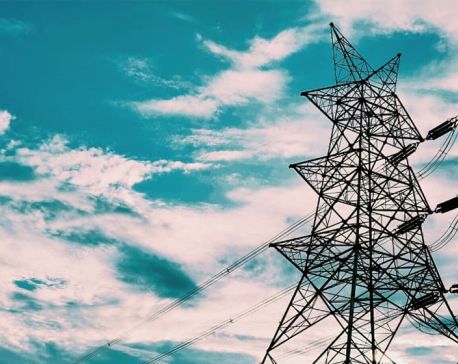
Govt forms three-member inquiry committee to probe dedicated trunk line dispute
KATHMANDU, Jan 9: The government has formed a probe committee to resolve the tariff dispute of dedicated and trunk lines. Read More...

Hubby thrashes deputy mayor over minor dispute
KATHMANDU, May 2: Deputy Mayor of Godawari Municipality Muna Adhikari has been injured after being thrashed by her husband over... Read More...

Top West Indians set for return after dispute eases
MUMBAI, July 14: Leading West Indies cricketers such as Chris Gayle and Sunil Narine could soon return to the national... Read More...
Just In
- Hope and trust with RSP
- BFIs’ increased lending against shares failed to boost share market in the first nine months of current FY
- Support for Innovation and Entrepreneurship Vital for Nepal's Economic Growth
- Nepali citizens traveling abroad on various visas can obtain 'Legitimization Work Permit’ from Nepali embassy
- 2024 ICC Men’s T20 World Cup: Nepal to face the Netherlands in their first match
- World Peace Flame sent to Everest Base Camp
- NEPSE inches up 0.79 points, daily turnover rises to Rs 4.23 billion
- Slovakia PM Robert Fico in stable but serious condition after shooting, doctors say



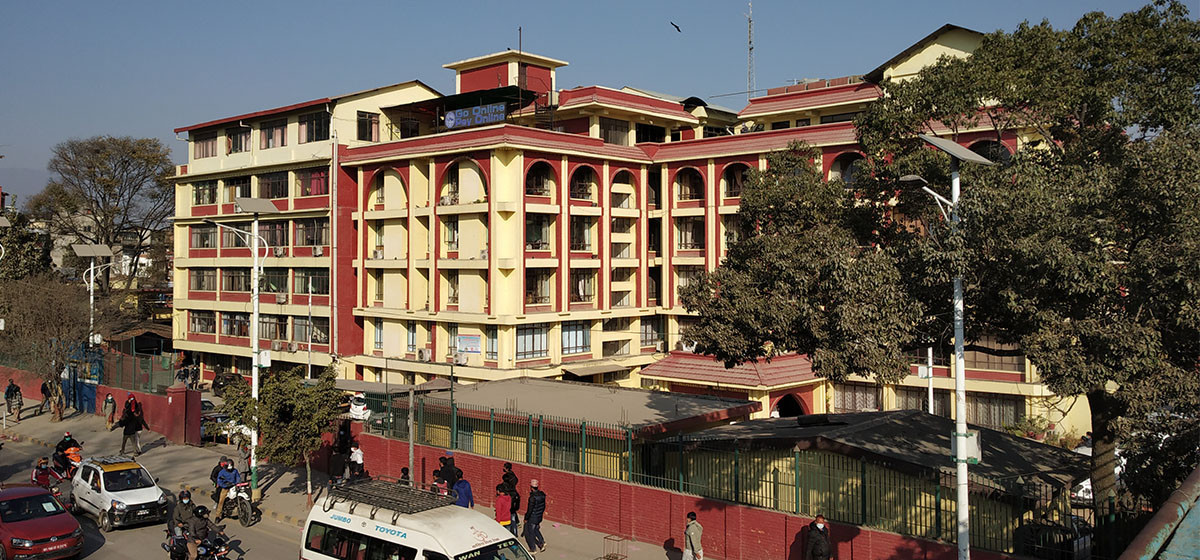

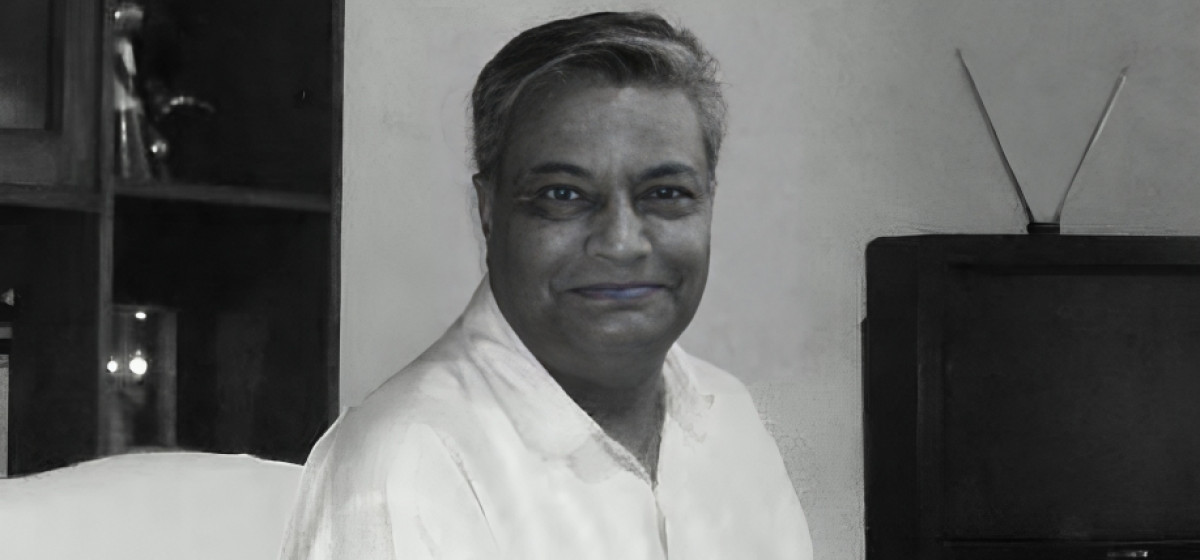


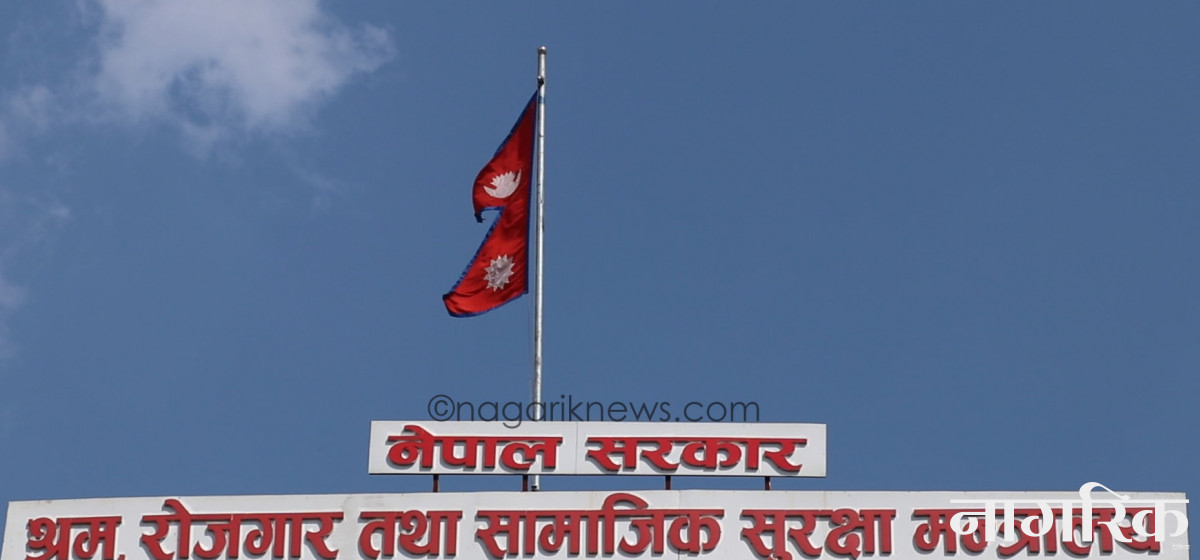
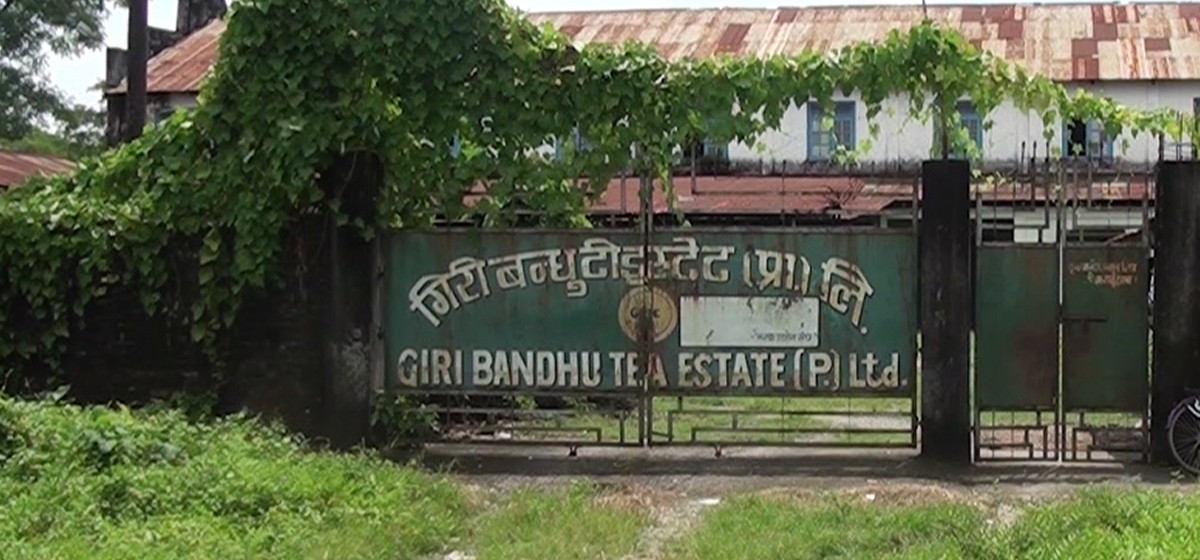

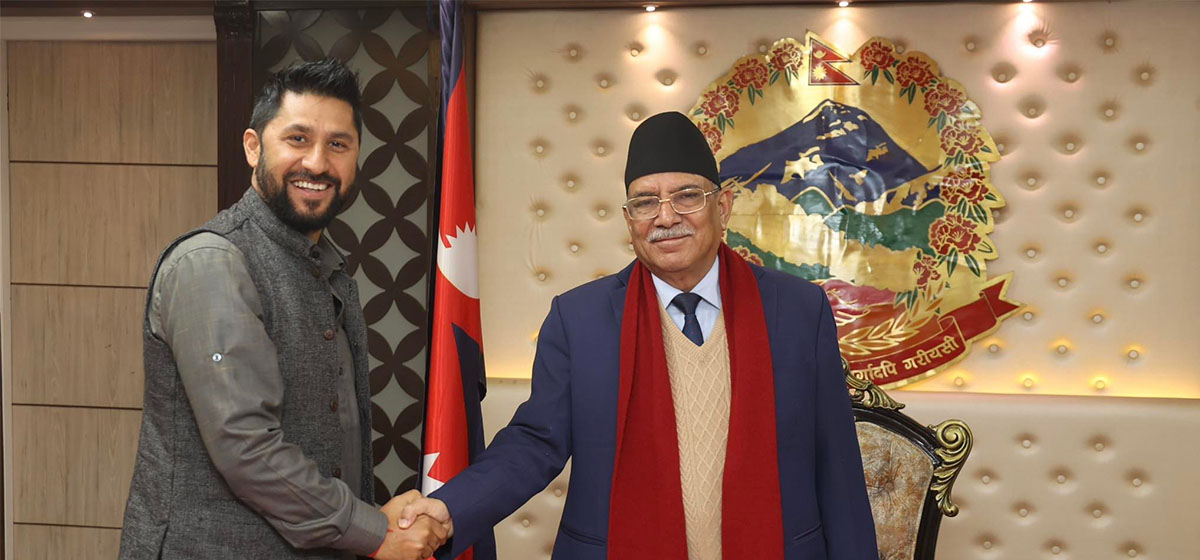
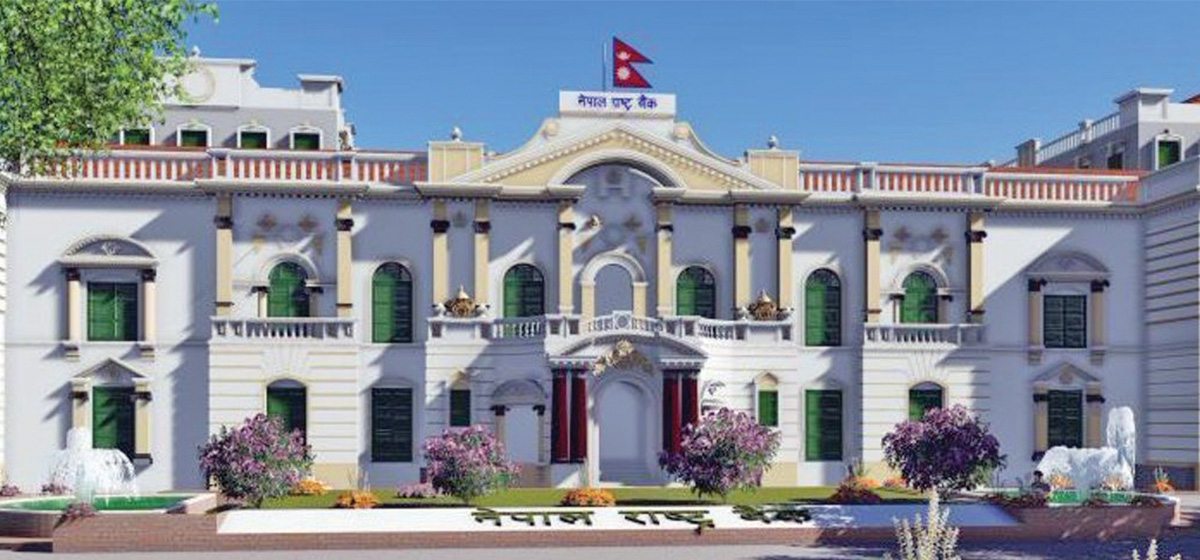

_20240516174954.JPG)


Leave A Comment